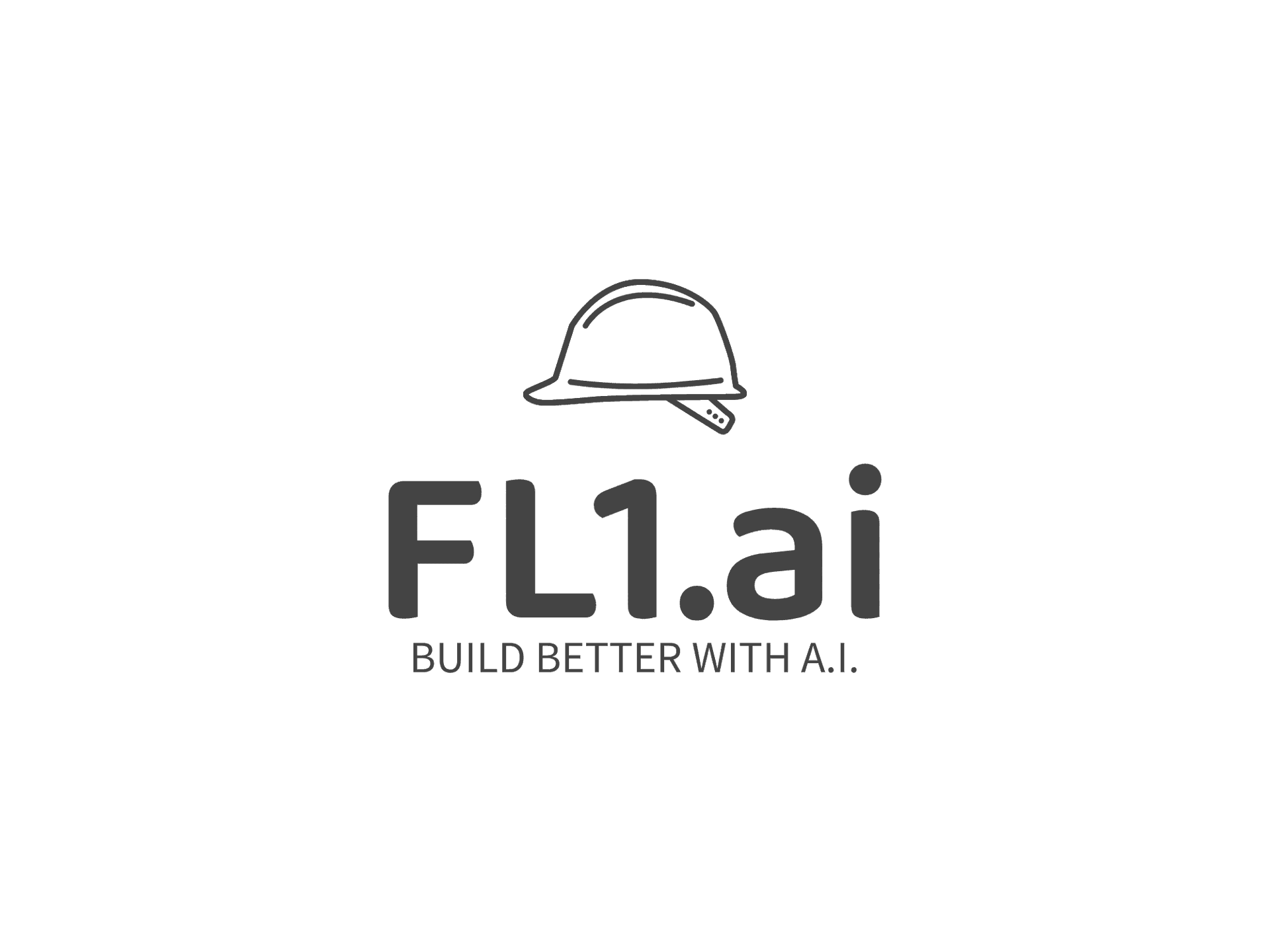Project Planning Made Easy: Leveraging AI for Better Infrastructure
Understanding the Role of AI in Project Planning
In today's rapidly evolving technological landscape, artificial intelligence (AI) is revolutionizing the way we approach project planning, especially in the field of infrastructure. By harnessing the power of AI, project managers can enhance efficiency, reduce costs, and streamline processes. AI provides tools that can predict potential project pitfalls, optimize resource allocation, and ensure timely project completion.
One of the key benefits of using AI in project planning is its ability to analyze vast amounts of data swiftly and accurately. This capability allows project teams to make informed decisions based on real-time insights. As a result, AI aids in identifying patterns and trends that might be missed through traditional planning methods.

Enhancing Efficiency Through AI Tools
AI-driven tools have become indispensable for project planners aiming to improve infrastructure development. These tools can automate routine tasks, freeing up valuable time for team members to focus on critical decision-making. Furthermore, AI algorithms can assist in scheduling, risk management, and resource allocation, leading to more efficient project execution.
For instance, AI can automate the creation of Gantt charts and other planning documents, ensuring that every team member stays on the same page. Additionally, AI-powered project management software can send timely reminders and updates, keeping the entire team aligned with project goals and timelines.

Risk Management and Predictive Analysis
One of the most significant advantages of incorporating AI into project planning is its ability to predict potential risks and challenges. AI algorithms can analyze historical data to identify patterns that signify possible delays or bottlenecks. This predictive capability enables project managers to implement proactive measures, mitigating risks before they become critical issues.
Moreover, AI can simulate different project scenarios, allowing teams to explore various outcomes without incurring any real-world risks. This feature facilitates better decision-making and helps in planning for contingencies effectively.
Optimizing Resource Allocation
Efficient resource allocation is crucial for the successful completion of any infrastructure project. AI comes into play by analyzing current resource utilization and suggesting optimal allocations based on project requirements and constraints. This ensures that resources are used effectively, reducing waste and maximizing productivity.
AI tools can also provide insights into workforce management by predicting labor needs and scheduling shifts accordingly. This leads to better labor management, cost savings, and improved project timelines.

Streamlining Communication and Collaboration
AI enhances communication and collaboration among project teams by providing platforms that facilitate seamless information sharing. These platforms use AI to analyze communication patterns and suggest improvements, ensuring that all stakeholders are kept in the loop throughout the project's lifecycle.
The integration of AI-driven chatbots can also aid in resolving common queries instantly, reducing the need for constant human intervention. This allows team members to focus on more complex tasks that require their expertise.
Conclusion: The Future of Project Planning
The integration of AI in project planning is transforming how infrastructure projects are conceived and executed. By leveraging these advanced technologies, project managers can anticipate challenges, optimize resources, and streamline processes more effectively than ever before.
As AI continues to evolve, its applications in project planning will only expand, offering even more innovative solutions to meet the demands of complex infrastructure projects. Embracing AI-driven methodologies today will prepare organizations for a future where technology and human ingenuity work hand-in-hand to achieve remarkable success.
